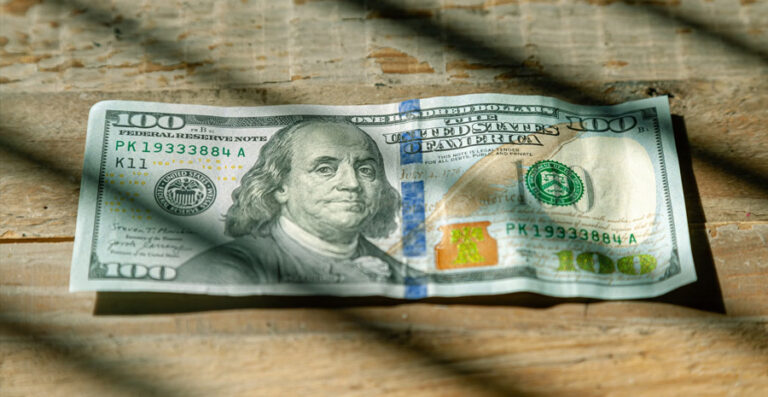Recently, amid excitement over the possibility of the Dow Jones Industrial Average reaching 20,000, the U.S. dollar somewhat quietly hit a 14-year high. The greenback moved higher following December’s Fed meeting, in which the central bank raised rates and put out a hawkish statement on the possibility of more rate increases next year. In the following weeks, the dollar has continued to grind even higher. Beyond just the headlines, what does this actually mean for American consumers, businesses, and investors?
For domestic consumers, the news could not be better. Americans who buy foreign goods have seen their purchasing power increase with the value of the dollar. Therefore, goods that are priced in a fixed amount of a foreign currency become relatively cheaper when one dollar becomes worth more of that currency. The same is true for American tourists, whose dollars go further when our currency is strong relative to the currency of the country they are visiting.
That being said, there is a significant downside to a stronger currency for many American firms, particularly in the manufacturing sector. As the world has become ever more connected, foreign consumers have become an important driver of sales for American companies. A strong dollar can have a significantly detrimental impact on firms seeking to sell their goods to an international audience. Because the strength of a currency is relative, a stronger dollar makes other currencies relatively weaker. Against this backdrop, international profits must be converted back to dollars. When an exporting firm sells its goods to an Italian customer, it gets paid in euros and must convert those euros back to dollars, meaning that the company will net less profit in an exchange rate environment where euros are worth fewer dollars.
As for American investors, funds that invest in international securities can be damaged by a rising dollar as well. All other things equal, if the currencies of foreign markets you are invested in (i.e. euro) weaken while the dollar continues to rise, these investments will be worth less when converted back into dollars.
Thankfully, there are solutions available for retail investors. Those who invest overseas can use a strategy popular with exporters known as currency hedging, which uses either options or futures contracts to counteract the effects of exchange rate risk. In fact, currency-hedged exchange traded funds (ETFs) and mutual funds have gained in popularity in recent years because they virtually eliminate these risks. By factoring in the possibility of currency fluctuations, the savvy investor can negate their effects and ensure that a stronger dollar doesn’t crush returns.



